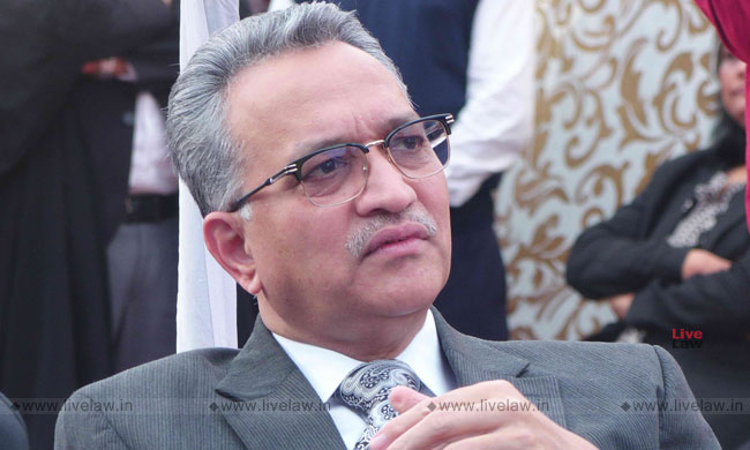'No Longer Any Difference Between Physical And Virtual Courts; Get Used To It' : Justice Khanwilkar
Radhika Roy
2 Nov 2020 5:19 PM IST

Next Story
2 Nov 2020 5:19 PM IST
"There is no longer any difference between physical and virtual hearings; get used to this", said Justice AM Khanwilkar while adjourning the appeal against the Bombay High Court's order upholding the conviction of gangster Arun Gawli in the murder of Shiv Sena corporator Kamlakar Jamsednakar and the life imprisonment awarded to him by the Special MCOCA Court. The comment was rendered by...
